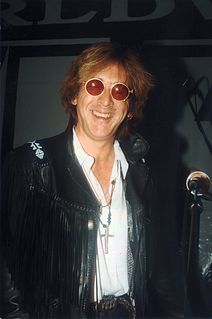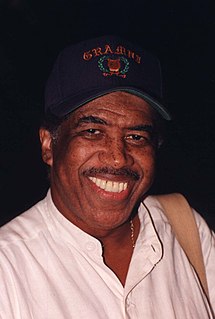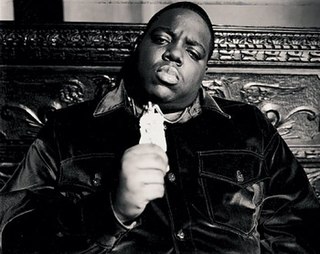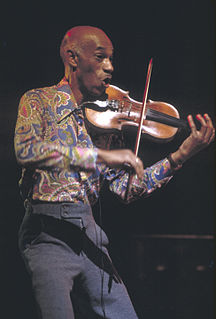A Quote by Nat Hentoff
[My wife Margot] was the - I guess, the coordinator or the production manager [of The Jazz Review], and we got to know each other and we married.
Related Quotes
My wife and I have been together for 11 years, and seven of those married. We got married on 07/07/07. We support each other 150 percent. We have fun. We are a modern-day Sonny & Cher. I don't sing. My wife sings. We're so different, but so alike. We got that ying and yang thing going on. You see it, but you don't know how it works.
I married her after knowing her eight days, and I was happy. That was my baby. At the same time, with us being so spontaneous, we did it backwards. Maybe she won't admit it, but I will. We should have got to know each other and then got married. The relationship kind of dissolved, but we're still going to be friends. I love her.
I got into playing the jazz. I played jazz for a good while. I did the popular stuff first. You got the "Twelfth Street Rag" and those kinds of things. Then I got to hanging around with a bunch of guys starting to playing jazz. We'd go from one place to the other and take our instruments, just perform for free.
Incidentally, the very, very first review that James Lavelle and I saw of Endtroducing was very negative! It was in The Wire, and the context of the review was that, you know, Mo'Wax was so far behind Ninja Tune. Heheheh. And people wonder why there was this sense of a feud between labels! We just kind of looked at each other and we were like, 'Oh, well, let the floodgates open!' But, not to be facile, that was literally the last bad review I ever saw for that album.
I sometimes look at the careers of other... I guess I could call them contemporaries or maybe close artists; you know, the 4 or 5 guys who go to New York City and get a loft and work together and use each other as models and that sort of thing and wait for years and years to get married. Maybe I just wasn't that definite.
The music certainly plays a major role. You can be free enough to comfort each other, to touch each other, to embrace each other, to engage each other, to not be afraid of each other. The music certainly has that very strong element. Go back to folk songs, gospel, jazz, and spirituals. See, all of that came out of tremendous pain and hurt, rejection, loss, alienation, and abandonment. What I'm doing is I'm expressing my pain and hope at the same time.







































